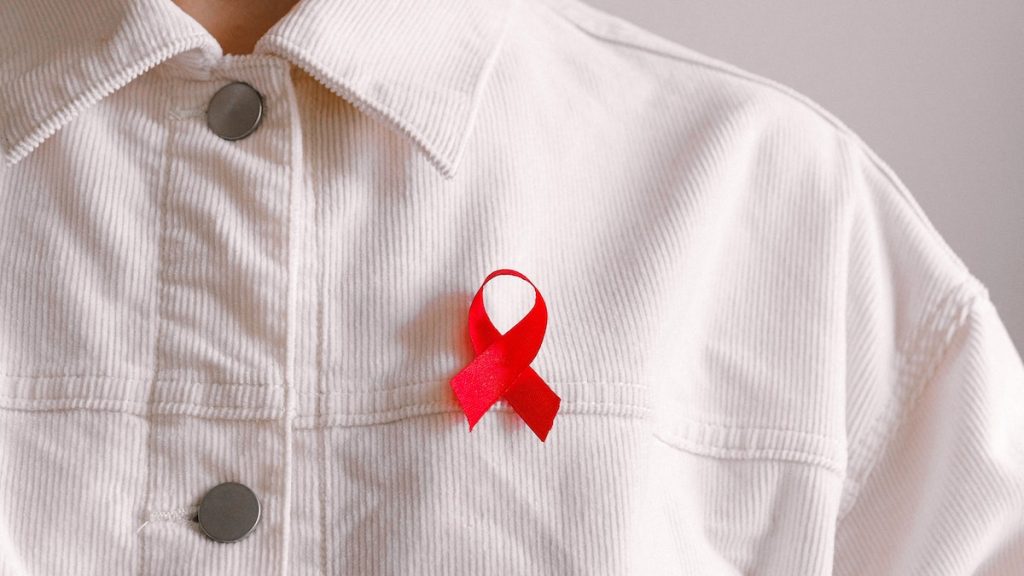Table of Contents
Tongue kissing, also known as French kissing or deep kissing, is a form of intimate physical affection between two people. It involves touching and exploring each other’s lips and tongues with one’s own mouth. While tongue kissing is a common and enjoyable experience in romantic relationships, it is important to understand its techniques, benefits, and concerns to ensure a safe and pleasurable experience for both partners.

Tongue Kissing Meaning and Facts
Tongue kissing has been practiced in many cultures and societies throughout history. It is believed to have originated in India around 1500 BCE and later spread to other parts of the world. Today, it is a common expression of affection and intimacy among couples of all ages and sexual orientations.
There are different types of tongue-kissing techniques, including the standard tongue kiss, the sucking kiss, and the teasing kiss. Each technique involves different levels of tongue movement and pressure, and partners may choose to experiment with various techniques to find what feels most pleasurable to them.
Benefits and Effects of Tongue Kissing
Tongue kissing has several physical, emotional, and social benefits and effects. Physically, it can increase heart rate, blood flow, and oxygen intake, which can promote relaxation and reduce stress. It can also help improve oral hygiene by increasing saliva production, which helps wash away food particles and bacteria.
Emotionally, tongue kissing can promote feelings of intimacy, trust, and bonding between partners. It can help improve communication and understanding between partners and can create a sense of excitement and anticipation in the relationship.
Tongue Kissing Side Effects and Diseases
While tongue kissing can be a pleasurable experience, it is important to be aware of the potential side effects and diseases that can be transmitted through saliva and oral contact. Common side effects of tongue kissing include bad breath, excessive saliva, and sore or bruised lips or tongue. These can often be prevented or reduced by practicing good oral hygiene and communication with one’s partner.
Diseases that can be transmitted through tongue kissing include oral herpes, mononucleosis (also known as “mono” or the “kissing disease”), and periodontitis (a gum disease). It is also possible to transmit sexually transmitted infections (STIs) such as chlamydia, gonorrhea, and syphilis through tongue kissing. However, the risk of transmission is generally low compared to other forms of sexual contact and can be reduced by practicing safe sex and getting regular STI tests.
Tongue Kissing Techniques and Tips

To ensure a pleasurable and safe tongue-kissing experience, it is important to follow certain techniques and tips. Before initiating a tongue kiss, it is important to ensure that both partners are comfortable and willing to engage in the activity. It is also important to practice good oral hygiene by brushing and flossing regularly and avoiding foods or drinks that may cause bad breath.
During a tongue kiss, partners can experiment with different techniques and levels of tongue movement and pressure. It is important to be mindful of one’s partner’s reactions and to communicate effectively to ensure a pleasurable experience for both partners. Timing and rhythm are also important factors in a pleasurable tongue kiss.
Common Mistakes and Concerns About Tongue Kissing
Common mistakes in tongue kissing include bad breath and excessive saliva, overuse of the tongue and biting or nibbling on lips or tongue, and lack of communication or consent between partners. These can often be avoided by practicing good oral hygiene, communicating effectively with one’s partner, and being mindful of one’s partner’s reactions and boundaries.
Concerns about tongue kissing include the potential transmission of diseases and infections through saliva and oral contact, as well as the risk of unwanted sexual advances or assault. It is important to prioritize consent and communication in any physical activity with another person and to seek medical attention if one suspects they have contracted a disease or infection.
Tongue Kissing Quotes and Dream Meaning
Tongue kissing has been a common theme in literature, art, and pop culture throughout history. Here are a few notable tongue-kissing quotes:
“Kissing is a means of getting two people so close together that they can’t see anything wrong with each other.” – Rene Yasenek
“A kiss is a secret told to the mouth instead of the ear; kisses are the messengers of love and tenderness.” – Ingrid Bergman
“The best things in life are the people we love, the places we’ve been, and the memories we’ve made along the way. A great kiss is definitely part of the memories.” – Unknown
In dreams, tongue kissing can symbolize intimacy, passion, and desire. It can also represent communication and understanding between oneself and others. The interpretation of a tongue-kissing dream may depend on the specific details and emotions present in the dream.
Tongue Kissing Emoji and Emoticon

The tongue emoji (👅) and emoticon (:P) are often used to represent tongue kissing or playful teasing in online communication. While these symbols can be a fun and lighthearted way to express affection and humor, it is important to be aware of the potential for misinterpretation or discomfort in certain contexts.
Tongue Kissing and Pregnancy
Tongue kissing cannot directly cause pregnancy, as pregnancy can only occur through sexual intercourse or assisted reproduction. However, engaging in sexual activity that can lead to pregnancy, such as unprotected vaginal intercourse, while engaging in tongue kissing or other forms of sexual activity can increase the risk of pregnancy.
Tongue Kissing and STDs

While the risk of transmitting STDs through tongue kissing is generally low compared to other forms of sexual contact, it is still possible to contract STDs such as chlamydia, gonorrhea, and syphilis through oral contact with infected genital secretions. It is important to practice safe sex, including the use of condoms and regular STD testing, to reduce the risk of transmission.
Is Tongue Kissing Healthy?
Tongue kissing can have physical, emotional, and social benefits, as well as potential risks and concerns. While it is generally considered safe and healthy for most people, it is important to be aware of the potential for side effects and transmission of diseases and infections and to prioritize communication and consent in any physical activity with another person.
I Don’t Like Tongue Kissing, Is That Normal?
Everyone has different preferences and boundaries when it comes to physical affection, and it is perfectly normal to not enjoy tongue kissing or any other form of physical contact. It is important to communicate one’s preferences and boundaries with one’s partner and to prioritize mutual respect and understanding in any physical activity.
Is Tongue Kissing Bad or Safe?
Tongue kissing is generally considered safe for most people, as long as proper hygiene and communication are practiced. However, there are some potential risks and concerns, such as the transmission of diseases and infections, discomfort or pain, and the risk of unwanted sexual advances or assault. It is important to prioritize communication and consent in any physical activity with another person and to seek medical attention if one suspects they have contracted a disease or infection.
Can You Get HIV from Tongue Kissing?

While the risk of transmitting HIV through tongue kissing is generally considered to be very low, it is not impossible. HIV can be transmitted through the exchange of bodily fluids, such as blood, semen, vaginal secretions, and breast milk. If one partner has open sores or bleeding gums, there may be a higher risk of transmission. It is important to practice safe sex, including the use of condoms and regular HIV testing, to reduce the risk of transmission.
My Girlfriend Doesn’t Like Tongue Kissing, What Should I Do?
If your partner does not enjoy tongue kissing or any other form of physical contact, it is important to respect their boundaries and preferences. Communication is key in any relationship, and it is important to have open and honest conversations about physical affection and intimacy. It may be helpful to explore other forms of physical contact that both partners enjoy and feel comfortable with.
My Tongue Hurts After Kissing, What Could Be the Cause?
There are several potential causes of tongue pain or discomfort after kissing, including accidental biting or injury, irritation or inflammation from dental work or oral hygiene products, or infection or inflammation from a virus or bacteria. It is important to practice good oral hygiene and seek medical attention if the pain persists or is accompanied by other symptoms.
Tongue Piercing Healing and Kissing
If one has recently had their tongue pierced, it is important to allow for proper healing time before engaging in tongue kissing or any other form of physical contact. Tongue piercings can be sensitive and prone to infection during the healing process, and it is important to follow proper aftercare instructions and avoid irritants or trauma. It is also important to communicate with one’s partner about the piercing and any concerns or discomfort during physical activity.
Conclusion
Tongue kissing can be a fun and enjoyable form of physical affection, but it is important to prioritize safety, hygiene, and communication. While there are some potential risks and concerns, most people can engage in tongue kissing without major issues. However, it is important to be aware of potential risks such as the transmission of diseases or infections, and to seek medical attention if necessary. Ultimately, it is up to each individual and their partner to decide what forms of physical contact they are comfortable with and to prioritize consent and communication in all physical activity.















